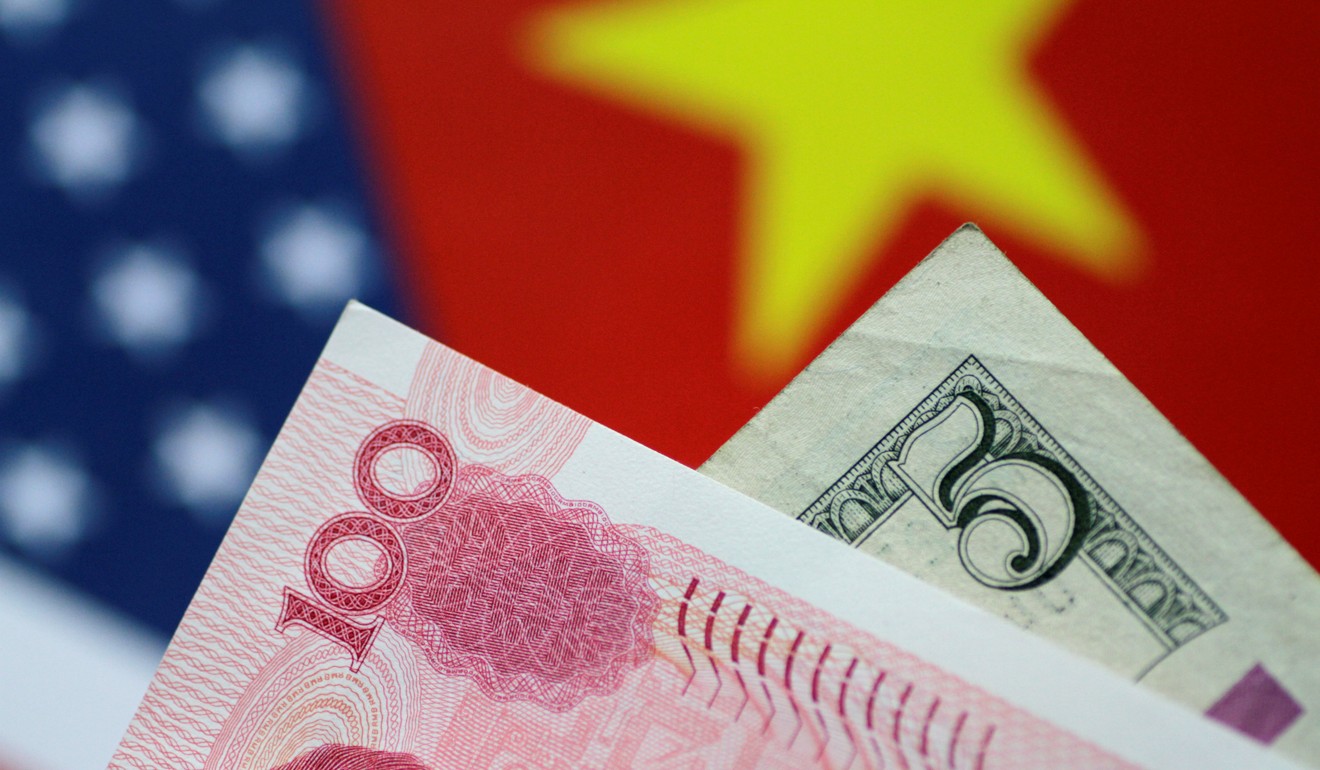
China orders ministries to open up more of economy to foreign investors
Move comes amid Trump administration criticism of Beijing’s trade ‘unfair trade practices’ and overseas firms’ increasingly vocal frustrations about operating in China
China’s government has told ministries to open up more sections of the economy to foreign investors amid increasing criticism from the Trump administration about Beijing’s allegedly unfair trade practices.
The move also comes as foreign firms operating in China have expressed increasing frustration over limited access to markets and government policies which they say discriminate against overseas companies.
China’s cabinet, the State Council, published a long to-do list to ministries on Wednesday to encourage more foreign investment.
In one example, the central bank and foreign exchange regulator were told to ensure that “foreign investors can freely remit their profits, dividends and other forms of investment returns in China overseas”.
US President Donald Trump authorised an inquiry earlier this week into China’s alleged theft of intellectual property rights from US businesses after regularly criticising Beijing’s trade policies during his election campaign.
Steve Bannon, Trump’s chief strategist, also said in an interview with the political magazine The American Prospect on Wednesday that the US was already in an “economic war” with China.
China remains a major recipient of foreign direct investment, but anecdotal evidence suggests that it is losing its attractiveness to investors, amid rising costs and limited access to markets.
Foxconn, the world’s biggest electronics processing company, announced last month it would spend US$10 billion building a flat-panel screen plant in Wisconsin in the United States.
Chinese Premier Li Keqiang has repeatedly pledged to open China’s markets wider to foreign investment. President Xi Jinping also told at an economic policy meeting last month that China should create a “stable, fair, transparent and predictable” environment for overseas businesses.
The State Council notice said ministries and related government agencies must draft clear timetables on opening up sectors of the economy, including new energy vehicle manufacture, ship design, aircraft repairs, maritime transport, railway passenger transport, petrol stations and call centres, as well as banking, brokerages and insurance.

Beijing has talked about some of these measures before, but it is the first time the State Council has put them together in one list and urged ministries to deliver on the promises.
Cui Fan, a professor at the University of International Business and Economics in Beijing, said the aim was for the wish list to be turned into specific measures and policies in the coming months.
In one example, the limit on overseas stakes in Chinese financial institutions may be raised to “send a strong signal to foreign investors about Beijing’s resolution to open up [the economy],” said Cui. Foreign stakes in Chinese securities houses and insurance firms, for example, are now capped at 49 per cent.
Cui said China’s progress in opening up its domestic market was slower than expected and the authorities need to do more to reduce investment barriers for foreign investors.
China attracted 485 billion yuan (US$72.6 billion) in foreign direct investment from January to July, down 1.2 per cent on the same period last year, according to data from China’s Ministry of Commerce.
The State Council document also orders ministries to crackdown on the infringement of foreign firms’ intellectual property rights. Wilbur Ross, the US Commerce Secretary, wrote in an opinion piece in the Financial Times this week that American “genius” was under attack due to the theft of intellectual property in China.
China’s cabinet has also tasked the tax authorities and land ministry to work out tax breaks and preferential land policies to encourage foreign companies to expand investment in China, especially in high-tech sectors and less developed regions of the country.

